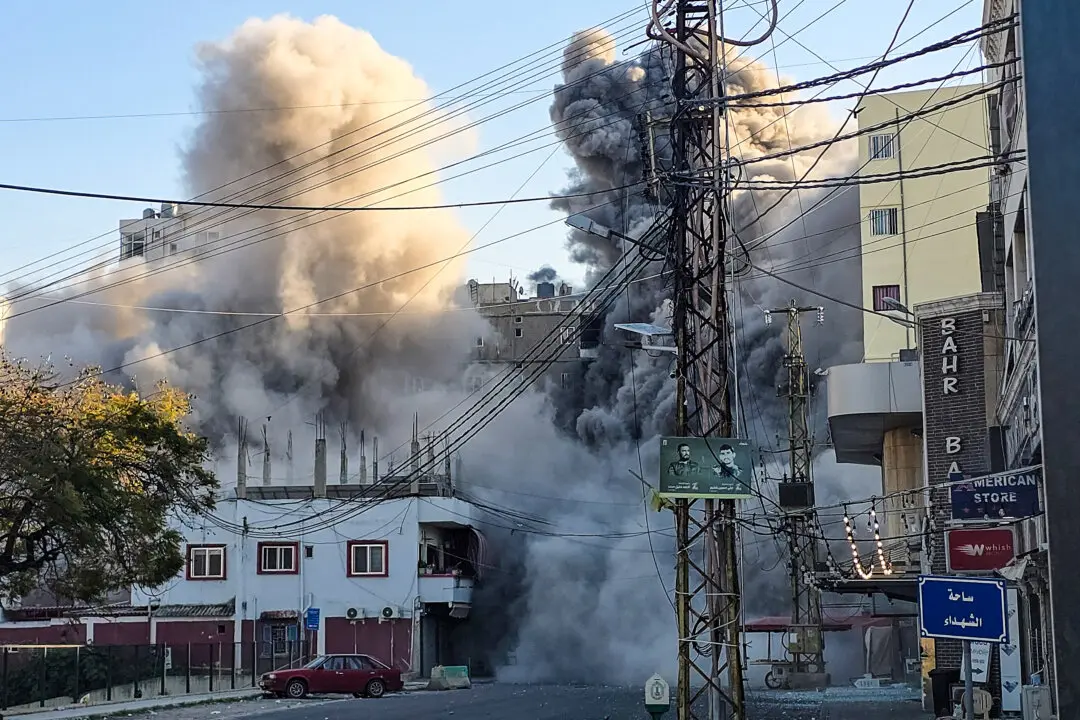The Biden administration announced Friday it has extended the COVID-19 public health emergency for three more months.
Department of Health and Human Services Secretary Xavier Becerra officially renewed the emergency declaration. The order was extended to Oct. 13, 2022, “as a result of the continued consequences of the Coronavirus Disease 2019 pandemic,” Becerra said in the order.





